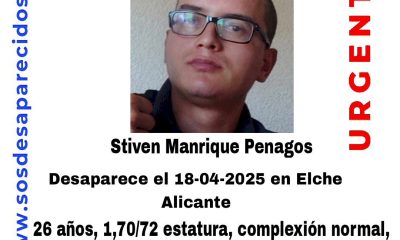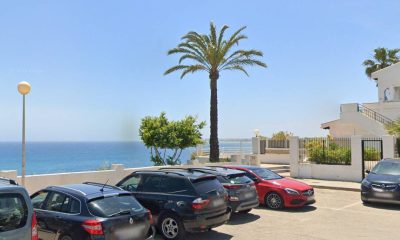Costa Blanca
Goodbye forever to the traditional butane gas bottle
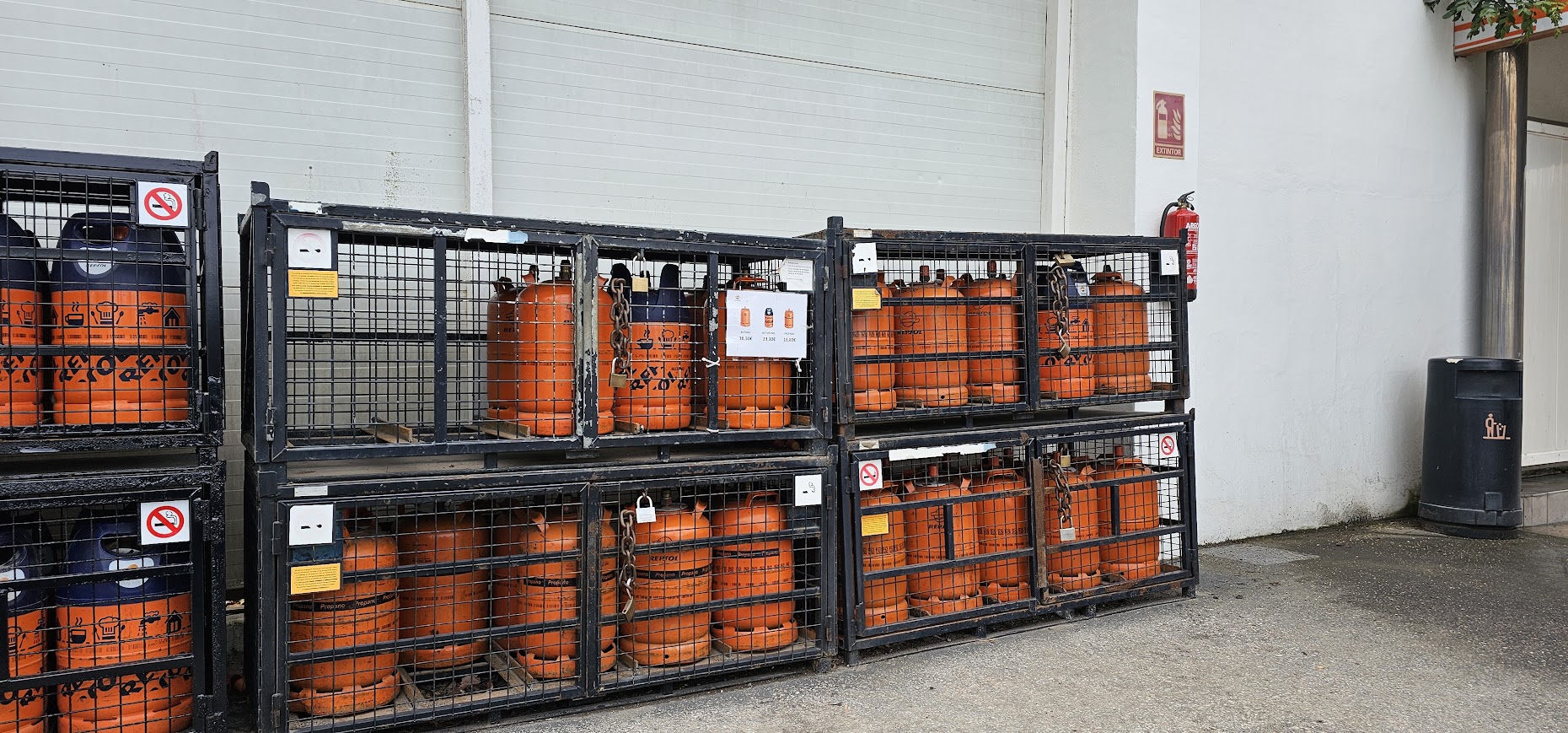
The orange butane gas cylinder has been a symbol of Spanish residences for decades. Several generations have collectively imagined its distinctive colour and shape, a fixture in kitchens, bathrooms, and terraces. Nevertheless, the manner in which we consume energy is subject to change as well. This classic appears to be on the brink of extinction in the face of technological advancements and the movement towards a more sustainable energy transition.
Repsol and Cepsa, two of the largest companies in the world, have made strides in 2025 by introducing more efficient, lightweight, and modern alternatives. These new cylinders incorporate technological advancements to improve product control and traceability. Furthermore, the expansion of alternative energy sources, including natural gas, induction charging, and heat pumps, is progressively relegating butane to a secondary position.
The new butane cylinder that is here to stay
Repsol has spearheaded the market transformation with an intriguing proposal: a butane cylinder that is lighter than the traditional cylinder, with a capacity of 12 kg and a total weight of only 17 kg, as opposed to the traditional cylinder’s 25 kg. This new version is more convenient to transport and use on a daily basis due to its use of lighter materials and high-strength steel.
Additionally, users can monitor the container’s status and consumption in greater detail thanks to its NFC chip. The retail price of this cylinder varies between €20 and €24, depending upon the point of sale, which can be found at petrol stations or online.
Cepsa has not been neglected. The company has selected a line of cylinders that are lighter and more manageable. The 12.5 kg model, which is similar in capacity to the traditional model, is sold on the open market at prices varying from €17.67 to €20.94 and has a lower total weight (18 kg).
This alternative is particularly appealing to home consumers who continue to depend on butane for cooking or heating water, as it provides a satisfactory balance of functionality and user-friendliness. Notable products designed for outdoor living and leisure are the Campingaz 901 and 902 petrol cylinders.
The conventional butane gas cylinder, despite its continued presence in millions of households, appears to have commenced its journey towards its definitive extinction. Companies such as Repsol and Cepsa’s dedication to containers that are lighter, more manageable, and more sustainable is indicative of not only a commercial necessity but also an adaptation to the evolving era. Our society is transitioning to a more environmentally benign energy model that emphasises rational and efficient resource utilisation.
Additionally, state regulation is exerting a significant influence. The government establishes prices for certain cylinders, including the regulated 12.5 kg cylinder (currently priced at €17.67), which provides some level of consumer protection. Nevertheless, the emergence of new options that make a significant difference is being driven by competition and innovation in the free market.
However, the development of butane does not exclusively determine the future. Propane gas stands out as a powerful alternative, particularly in cold regions where butane gasification poses challenges. Propane is available in regulated 11 kg containers (priced at €14.65) and larger 35 kg containers, which are intended for high-volume industrial or domestic consumption, with prices commencing at €70. These containers are designed to provide a more effective response to low temperatures.
Although we cannot definitively declare the renowned orange butane gas cylinder extinct, it is gradually disappearing from the Spanish energy landscape. More sustainable and efficient foundations, tailored to a more comfortable lifestyle, establish the future.
Alternative sources of energy
In contrast to conventional butane gas cylinders, new energy alternatives exhibit distinctions that surpass mere weight or price. The evolution of energy consumption in Spanish homes is indicative of a more profound transformation: a change in consumer mindsets, routines, and our understanding of sustainability and efficiency.
Although butane remains a pertinent energy source in numerous rural areas and second residences, it is losing ground to more contemporary alternatives. Electric induction cooktops have become the norm for cooking in newly constructed residences, particularly in urban areas. They are safe, easy to clean, and faster than traditional gas, making them attractive for both families and people who live alone or have little time to cook.
Another development that is acquiring momentum is the heat pump. This system, capable of providing heating in winter and cooling in summer, consumes less energy than traditional methods and significantly reduces CO₂ emissions. Furthermore, some models can also heat domestic water, making them a comprehensive solution for the home. In this context, the classic orange gas cylinder is starting to seem like a thing of the past.
Discover more from Costa Blanca Daily
Subscribe to get the latest posts sent to your email.
Costa Blanca
Alicante couple arrested for trying defraud lottery winner out of 40,000€ with a fake 6€ ticket
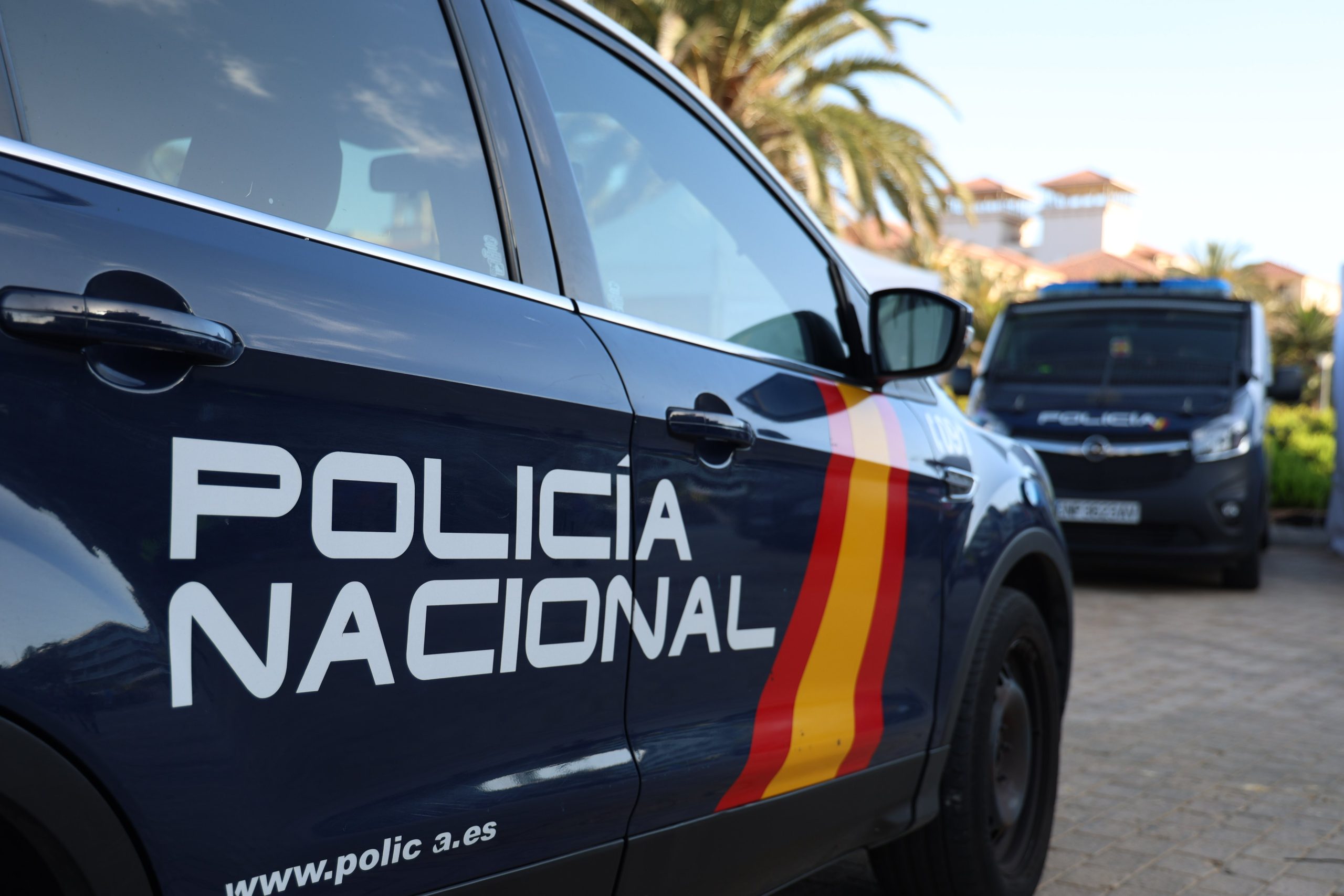
In Alicante, National Police officers have arrested a 37-year-old man and a 42-year-old woman, who are purportedly involved in fraudulent activities. After successfully deceiving the proprietor into believing that the prize was only €6, the suspects attempted to cash in a lottery ticket valued at €40,000.
A citizen lodged a complaint alleging fraud, which prompted the investigation. She complained that she had acquired a lottery ticket and, the day following the drawing, visited a lottery kiosk to determine whether the ticket was eligible for a prize.
The seller informed her that the system was not functioning properly and that she could verify it using her mobile phone after verifying the ticket with the authorised ticket dispenser (POS). The vendor informed her that the ticket had a prize of six euros when she viewed it on the terminal.
For her part, the victim trusted the provided information and accepted the money without suspecting deception. At the same time, the seller retained the lottery ticket.
A few days later, the complainant discovered that the was infact worth 40,000 euros and that she had been deceived. She returned to the stand where she had checked the ticket to claim her prize, and the seller informed her that she was unaware of this and that she had thrown it in the bin.
Then, she proceeded to the authorised offices of the aforementioned lottery drawings to report the incident. Upon his arrival, she was instructed to submit a complaint regarding the events.
The agents verified that the coupon was indeed a prize after collecting all the information. The saleswoman confirmed on three separate occasions that she had retained the coupon after deceiving the complainant about the prize amount.
The investigation phase also disclosed that the lottery ticket had been attempted to be redeemed by the seller’s ex-partner. However, this was not accomplished due to the fact that the authorised collection offices were aware of the incident and the agents had requested that the payment of the prize be blocked.
The officers were able to corroborate that the seller and the individual who attempted to cash in the winning ticket were both involved in a fraudulent activity as a result of the investigations.
The investigators’ findings confirmed that the two suspects had reached an agreement to collect the winning ticket. They also discovered that the woman, a lottery seller, had deceived them by faking the malfunction of the POS machine and falsely informing the complainant that the prize was six euros.
Following the investigation and the collection of sufficient evidence to establish their involvement in the events, they were apprehended and charged with fraud.
The courts in Alicante were informed of the situation subsequent to the police investigation.
Discover more from Costa Blanca Daily
Subscribe to get the latest posts sent to your email.
Costa Blanca
Acquitted of fraud for keeping €75,000 deposit on Torrevieja house

The controversial failed sale of a home in Torrevieja in 2022 between two German citizens resulted in a judicial case. The Prosecutor’s Office and the private prosecution sought €77,000 in compensation and three years in prison for the defendant, the property owner, on the grounds that she had subsequently sold the house to another individual without returning the money paid.
Nevertheless, Orihuela Criminal Court No. 4 has granted the defendant’s acquittal, concluding that there was no criminal deception and that the facts should be resolved through civil proceedings.
The case was initiated by a failed private sale of a residence in the Los Balcones development in Torrevieja. The customer was unable to secure financing prior to the deadline stipulated in the contract. The public deed was never signed, despite the fact that €75,000 was paid in advance. The property was subsequently sold to third parties by the defendant, which resulted in the filing of a complaint for fraud.
Facts that have been verified
The defendant contacted the complainant in August 2022 to discuss the sale of the property. On August 13th, 2022, the defendant signed a reservation document, with a total price of €370,000 and a deed signing date of October 31st, 2022. She explicitly stated that the appointment with the notary would not be postponed beyond October 31st, 2022, and delivered over €3,000 in cash at that time.
The buyer and the spouse of the woman who has since been exonerated convened in Germany on August 21st to receive a cash payment of €57,000. Additionally, they consented to acquire the home furnishings for €4,000, with the injured party contributing €2,000 in cash.
The private sales contract was executed by the parties a week later. The initial stipulation of the contract required the buyer to pay €15,000 within three weeks. The transaction was finalised on August 30th, 2022. The complainant was awaiting financing for the remaining quantity of €295,000.
Similarly, the initial stipulation explicitly stated that “the remaining portion of the agreed price will be paid upon the signing of the public deed of sale.” The aforementioned signature is scheduled for October 31st, 2022. The deposit money would be forfeited in the event of the buyer’s cancellation, and it would be transferred to the vendor. Double the deposit would be reimbursed to the customer by the seller in the event of contract cancellation (Art. 1454 CC).
The defendant, who has since been acquitted, executed a deed of sale of the property to third parties on July 25th, 2023. There is no record of the return of the €75,000 she was claiming, and there is insufficient evidence that she did so without prior dissolution of the signed contract or notification to the complainant.
Nevertheless, the Court determined that the dispute did not satisfy the criteria of Article 251.2 of the Criminal Code, which required criminal deception, and classified it as a civil dispute.
In the ruling, the judge explicitly enquires, “Where is the deception that the type requires?” He notes that the buyer was informed that the property would be relisted if he failed to secure financing in a timely manner, which subsequently transpired.
In order to underscore that frauds that are subject to Article 251 of the Criminal Code must also entail a minimum level of deceptive manoeuvring, the ruling incorporates updated references from the Supreme Court, such as the most recent Supreme Court ruling, 631/2024.
The judge in this instance has determined that “a failed sale as a result of insufficient financing cannot be criminalised.” María Barbancho Saborit, the defendant’s attorney, stated, “These types of rulings reinforce the notion that not all economic disputes are criminal.” “It is imperative to distinguish between breaches of contract, which are inherent in civil matters, and truly criminal conduct and preserve the presumption of innocence.”
The decision is not conclusive and may be appealed to the Alicante Provincial Court. Numerous witnesses, including those from the vendor, the defendant’s family, and professionals involved in the purchase and sale process, were presented during the trial, in addition to a substantial amount of documentary evidence.
Discover more from Costa Blanca Daily
Subscribe to get the latest posts sent to your email.
Costa Blanca
Easter traffic operation ends with at least 22 deaths

It starting at 15:00 on Friday April 11th, the special traffic operation for Holy Week and ended at midnight last night. A minimum of 22 individuals have died on the roads in Spain.
According to data from the General Directorate of Traffic, there were 21 fatal incidents on the intercity road network as of 8 p.m. on Easter Sunday, resulting in 22 fatalities.
Last year, 28 individuals lost their lives on the highways during the entire Holy Week.
Discover more from Costa Blanca Daily
Subscribe to get the latest posts sent to your email.
-
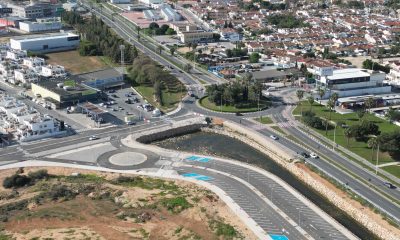
 Costa Blanca2 days ago
Costa Blanca2 days agoTorrevieja fails to comply with its commitment to open new road at La Hoya for Easter
-

 Costa Blanca1 week ago
Costa Blanca1 week agoTorrevieja records a 2.8 magnitude earthquake
-

 Costa Blanca2 weeks ago
Costa Blanca2 weeks agoSpanish family killed in helicopter crash in New York
-

 Costa Blanca2 weeks ago
Costa Blanca2 weeks agoA car fire on the Orihuela Costa is promptly extinguished by firefighters
-

 Costa Blanca1 week ago
Costa Blanca1 week agoThe Alicante Tourist Board website now available in seven languages
-

 Costa Blanca5 days ago
Costa Blanca5 days agoArrested in Murcia for activities linked to jihadist terrorism
-

 Costa Blanca2 weeks ago
Costa Blanca2 weeks agoElche residents rescued after a fire caused by an electric scooter
-

 Costa Blanca2 weeks ago
Costa Blanca2 weeks agoSuspect held for the murder of John George extradited to a Spanish prison



